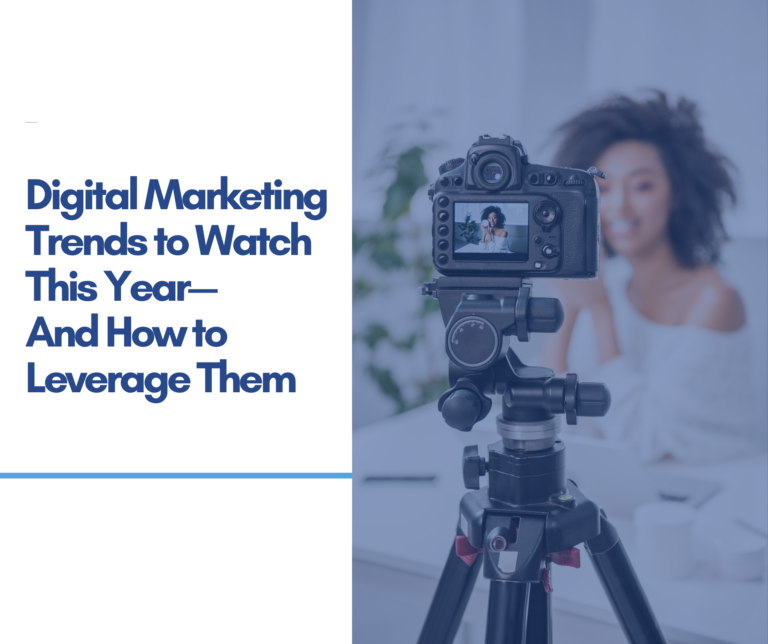If you’re a small business owner trying to grow online, you’ve likely heard of two major marketing tools: SEO (Search Engine Optimization) and PPC (Pay-Per-Click advertising). While both can help attract customers to your website, understanding the difference between them is crucial in making the right decision for your business.
This guide will walk you through the pros and cons of SEO and PPC, provide practical examples, and help you choose the best path forward based on your unique business goals.

What Is SEO?
SEO stands for Search Engine Optimization. It’s optimizing your website and its content to rank higher in search engine results pages (SERPs) organically, without paying for ads.
SEO involves:
- Keyword research
- Creating valuable content
- Optimizing meta tags and headers
- Building backlinks
- Improving site speed and mobile usability
Benefits of SEO:
- Cost-Effective in the Long Run: Once your content ranks, you can receive traffic without continuously paying for each click.
- Builds Trust and Authority: High-ranking sites are often seen as more credible.
- Sustainable Results: SEO can keep working for you for months or even years with regular updates.
- Better ROI Over Time: As organic traffic builds, your cost per lead decreases.
Drawbacks of SEO:
- Takes time (usually 3-6 months) to see significant results
- Requires consistent content creation and updates
- Competition can be fierce in some niches
Best for Businesses That:
- Have limited budgets but can invest time
- Want long-term brand presence
- Offer evergreen products or services

What Is PPC?
PPC stands for Pay-Per-Click advertising. It’s a model where you pay for every click on your ad, usually through platforms like Google Ads or Facebook Ads.
With PPC, you can:
Target specific demographics
Show up instantly in search results
Test different messaging quickly
Benefits of PPC:
Immediate Visibility: Get traffic within hours of launching a campaign.
Precise Targeting: You control who sees your ad based on location, age, interests, etc.
Measurable Results: Clear metrics on what’s working and what’s not.
Flexible Budgeting: You can scale up or pause campaigns anytime.
Drawbacks of PPC:
Can get expensive, especially in competitive industries
Requires regular monitoring and optimization
No long-term value if the ads stop running
Best for Businesses That:
Need quick results or are launching a new product
Have a budget for advertising
Operate in highly competitive markets

SEO vs. PPC: How to Choose Based on Your Business Goals
- If you want fast results, go with PPC. If your goal is to promote a limited-time offer or get leads now, PPC delivers immediate traffic.
- If you’re building a long-term presence, choose SEO. Over time, your efforts compound, and you won’t need to pay for each visitor.
- If you’re testing new ideas or markets, PPC allows rapid experimentation. Test different headlines, offers, and landing pages to find what works.
- If you’re on a budget, SEO may be a better investment. It requires more time than money, especially if you’re creating content yourself.
- If you’re launching a local business, Combine both. Use PPC to get traffic fast while your SEO gains traction for long-term growth.
What Should You Do Next?
- Define Your Goal: Do you want leads this week, or steady growth over the year?
- Set Your Budget: No marketing is truly free. Time or money—choose what you can afford.
- Mix It Up: Start with PPC for quick wins and use the data to guide your SEO.
- Track Everything: Use tools like Google Analytics and Meta Ads Manager to see what’s working.
Pro Tip: Many successful small businesses use both. Think of PPC as your short-term engine and SEO as your long-term runway. Together, they create a marketing machine that’s both agile and sustainable.
Whether you’re just starting or ready to grow, the best marketing strategy is one that fits your current goals and evolves as your business grows. SEO and PPC aren’t rivals—they’re tools. And when used wisely, they can take your business further than you imagined.
So start small, stay consistent, and don’t be afraid to adjust.
Ready to get started? Explore simple, effective strategies that turn marketing into growth. Your customers are out there. Let’s go find them.
Visit 2xmomentum.com for more insights!
